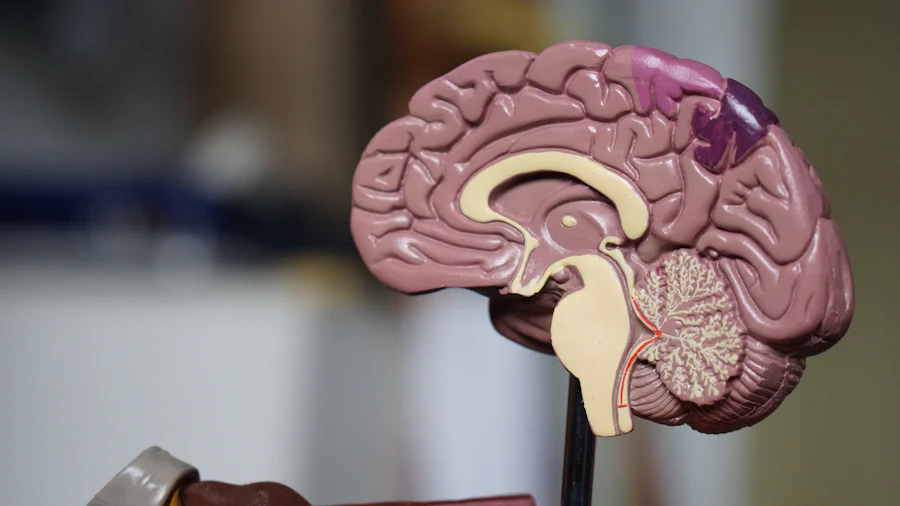Sleep is more than just a nightly ritual; it’s a critical component of our overall health. Recent research has highlighted the profound connection between sleep disturbances and neurodegenerative diseases such as dementia and Alzheimer’s disease (AD). Let’s explore this association and understand why sleep is so vital for brain health.
The Bidirectional Relationship
Research indicates a bidirectional relationship between sleep disturbances and neurodegenerative diseases. This means that not only can neurodegenerative diseases cause sleep problems, but poor sleep can also exacerbate these conditions.
- Impact of Neurodegenerative Diseases on Sleep:
- Alzheimer’s Disease (AD): Individuals with AD often experience significant sleep disruptions, including insomnia, excessive daytime sleepiness, and fragmented sleep. These disturbances are linked to the degeneration of brain regions responsible for regulating sleep-wake cycles, such as the suprachiasmatic nucleus.
- Mechanisms: The accumulation of amyloid-β (Aβ) and tau proteins, hallmark features of AD, disrupts normal sleep patterns. These proteins interfere with the brain’s ability to regulate sleep, leading to increased wakefulness and reduced non-rapid eye movement (NREM) sleep.
- Impact of Sleep on Neurodegenerative Diseases:
- Sleep Deprivation: Chronic sleep deprivation can accelerate the accumulation of Aβ and tau proteins. Studies have shown that even acute sleep deprivation increases levels of these proteins in the brain, potentially accelerating the progression of AD.
- Inflammation and Oxidative Stress: Poor sleep can lead to increased oxidative stress and inflammation, which are known to contribute to neurodegeneration. This creates a vicious cycle where sleep disturbances and neurodegenerative processes feed into each other.

Key Findings from Recent Research
- Sleep Duration and Dementia:
- Observational studies have found that both short and long sleep durations are associated with an increased risk of cognitive decline and dementia. This suggests that maintaining an optimal sleep duration is crucial for brain health.
- A study from the Whitehall II cohort spanning 30 years found that changes in sleep duration in middle and old age are linked to the incidence of dementia. This highlights the importance of monitoring sleep patterns throughout life.
- Circadian Rhythms and Neurodegeneration:
- Disruptions in circadian rhythms, which regulate the sleep-wake cycle, are common in neurodegenerative diseases. These disruptions can occur early in the disease process and contribute to the progression of conditions like AD and Parkinson’s disease.
- Chronotherapies, such as timed bright light therapy, have shown promise in improving sleep and circadian rhythms in patients with neurodegenerative diseases. These therapies aim to reset the body’s internal clock and improve overall health.
Practical Implications
Understanding the link between sleep and neurodegenerative diseases underscores the importance of prioritizing good sleep hygiene. Here are some tips to improve sleep quality:
- Maintain a Regular Sleep Schedule: Go to bed and wake up at the same time every day, even on weekends.
- Create a Relaxing Bedtime Routine: Engage in calming activities before bed, such as reading or taking a warm bath.
- Optimize Your Sleep Environment: Ensure your bedroom is cool, dark, and quiet. Consider using blackout curtains and white noise machines if needed.
- Limit Stimulants: Avoid caffeine and electronic devices before bedtime, as they can interfere with your ability to fall asleep.
- Stay Active: Regular physical activity can promote better sleep, but try to avoid vigorous exercise close to bedtime.
Conclusion
The intricate relationship between sleep and neurodegenerative diseases like dementia and Alzheimer’s disease highlights the critical role of sleep in maintaining brain health. By understanding and addressing sleep disturbances, we can potentially slow the progression of these debilitating conditions and improve the quality of life for those affected.Prioritize your sleep, and remember that a good night’s rest is not just a luxury—it’s a necessity for a healthy brain.
References:
- NCBI. “Sleep Disorders Associated with Neurodegenerative Diseases.”
- Nature. “Bidirectional relationship between sleep and Alzheimer’s disease.”
- Frontiers in Neuroscience. “Circadian and Sleep Dysfunctions in Neurodegenerative Disorders.”
- Nature Communications. “Association of sleep duration in middle and old age with incidence of dementia.”
- Translational Neurodegeneration. “Circadian disruption and sleep disorders in neurodegeneration.”



